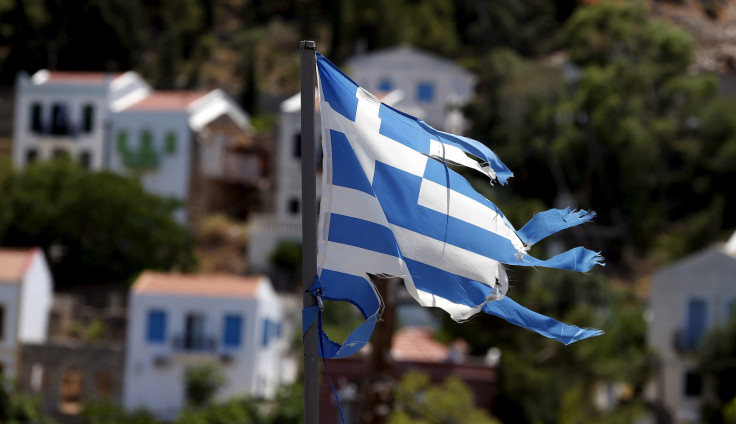Greek referendum: What next now that Greece has voted No?

The result of the Greek referendum, which has delivered a No vote, is expected to send shockwaves through the global financial system and plunge the country's battered economy into the abyss.
Greece now faces the prospect of leaving the Eurozone, its banking system collapsing and having to print its own currency.
Early indications are that stock markets across the world will see billions wiped off exchanges when they open after Greek voters rejected a cash-for-reforms deal put forward by its creditors - the European Union, the European Central Bank and the IMF.
The immediate reaction from the IG spread betting index showed the DAX down 450 points, the FTSE down 150 points the euro trading below €1.10 versus the dollar.
Bank pain
However, the most pain is likely to be felt in Greece itself as the country's banking system comes under intense pressure.
Given the No vote, experts believe that the risk of the ECB cutting its €89bn Emergency Liquidity Assistance programme to Greek banks now increases. Cash reserves are already running perilously low and all eyes will be on the ECB over the next 48 hours to see which way it is leaning.
Chris Hare at Investec said: "Banks, and therefore the economy generally, are struggling to cope with existing liquidity levels and any further clampdown on ELA may spawn the process of the creation of a parallel currency."
One expert has even dubbed any potential move to cut off funding to Greek banks as "about the most financially violent act imaginable".
Gabriel Sterne, economist at Oxford Economics, said: "Closing a nation's banking system is, frankly, disgraceful; just about the most financially violent act imaginable. If banks do not open, the economy will suffocate."
There have already been signs of suffocation with the imposition of a six day bank holiday and capital controls limiting Greeks to withdrawing €60 per day from their bank accounts. Greek finance Minister Yanis Varoufakis had said that banks will reopen on July 7 but refused to confirm this on the day of the vote.

Grexit?
Despite the Greek government's claims that the referendum was not a vote on the country's Eurozone membership, experts and European ministers have signalled that a No result would almost certainly pave the way for a Grexit, especially if a parallel currency was minted.
Oxford Economics now puts the chances of a Greek exit from the Eurozone at 85%.
"The economy may implode under the weight of bank closures before negotiations conclude. The ECB would need to increase ELA limits, yet for legal or political reasons may not do so. In the meantime the government may need to pay bills in IOUs, and a scrip currency emerges and launches an irreversible momentum towards exit," Sterne added.
Negotiations
Prime Minister Alexis Tsipras said that a 'no' vote would strengthen his position at the negotiating table with the troika and get a better deal for the Greek people.
While experts believe this is unlikely, the threat of Grexit, and by extension the prospect of the entire European project being dealt a hammer blow, may force the EU's hand.
Without a bailout programme in place, Greece will miss another debt payment due to the ECB on July 20.
"With no programme at least provisionally agreed by then, a series of missed payments/defaults would tend to hasten Greece's departure from the euro. It is not impossible that creditors back down a little in this situation, but any conditionality on further bailout payments would probably still be unacceptable to a large number of Syriza MPs, so the result would be likely to be the same," Hare said.
However, Greek labour minister Panos Skourletis said immediately after the result: "The government can go now with a very strong card to continue negotiations."
© Copyright IBTimes 2025. All rights reserved.






















